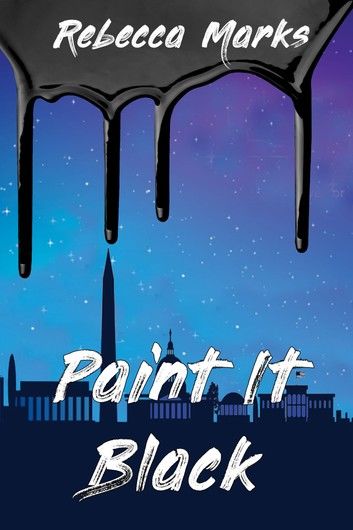It is 1967. Bostonian John Griffin has been discharged from the US Navy, and he’s ready to start a job as a policeman in Washington, DC. His father died when John was very young, and his mother has never been openly supportive of him, which makes him an angry man. His anger spills over in many different ways. He’s angry that he married Raylene—a woman he doesn’t love—because she got pregnant, although he loves his daughter Miki; he’s furious with his landlords for sneaking into the apartment when he was out, so before he leaves, he paints everything black—the walls, the doors, even the windows. As soon as he and his family arrive in DC, John, who is white, is confronted with some youths having a violent fight at his new apartment complex. He saves the life of one of them, a black man whose mother, Lilah, is so grateful that she takes John, his wife, their daughter, and even their dog, under her wing and becomes like a second mother to him. John is sure his mother, who is very intolerant of black people, would be horrified at this, but he loves Lilah and is grateful to her for caring for his family while he works long hours. He learns from his relationship with her that the color of someone’s skin is not important. After many adventures and misadventures as a policeman, John meets Lilah’s niece Doris, who is biracial, and the two fall deeply in love. But John is married and expecting another child. Can he resolve this dilemma and make Doris his own, or is he doomed to be forever unhappy?












